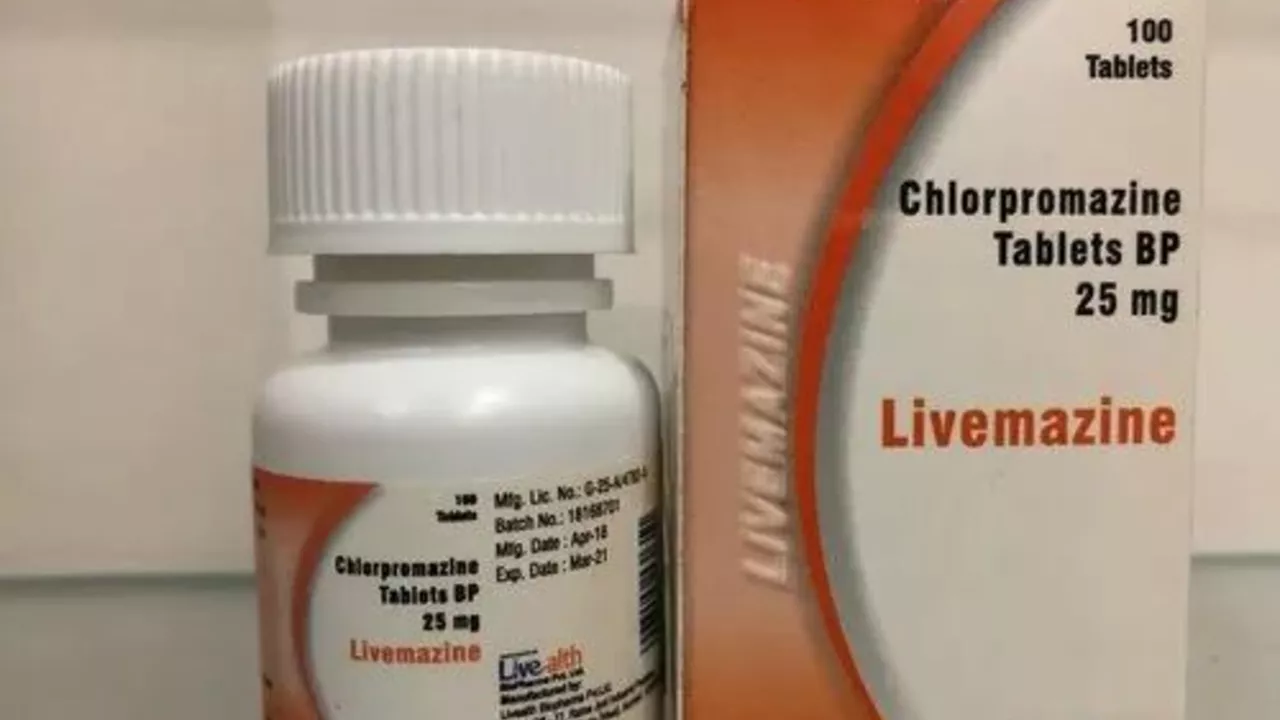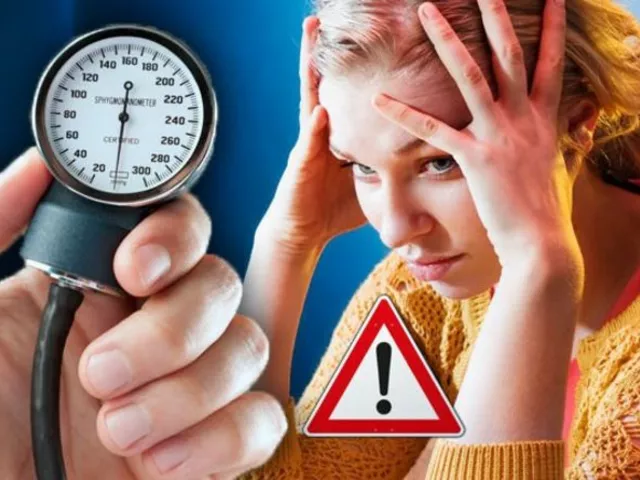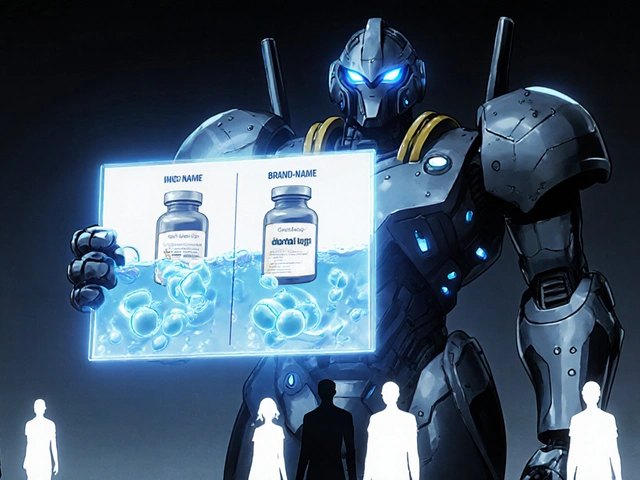Delirium: Recognize It Fast and Act
Delirium shows up suddenly — hours to days — and changes how someone thinks, pays attention, and acts. It’s not the same as dementia. Dementia is slow and steady; delirium is abrupt and often reversible if you find the cause. Missing it wastes time and can make things much worse.
Here are the common signs to watch for: sudden confusion, trouble focusing, rapid mood swings, disorganized speech, seeing or hearing things that aren’t there, or going from sleepy to hyperactive. Symptoms can come and go during the day, often worse at night.
What usually causes delirium?
Delirium is a symptom, not a single disease. Common triggers include infections (like UTIs or pneumonia), dehydration, sudden stopping of alcohol or meds, high or low blood sugar, pain, sleep loss, and new or too-high doses of medications—especially sedatives, anticholinergics, and opioids. Older adults and people with recent surgery, severe illness, or sensory loss (poor vision or hearing) are at higher risk.
If the brain’s chemistry or oxygen supply gets disturbed, thinking goes off track fast. For example, an older person with pneumonia might suddenly become disoriented even if breathing seems okay. That sudden change is the red flag.
What to do right away
If you suspect delirium, act. Call emergency services or bring the person to the nearest ER if they’re very confused, sleepy, have trouble breathing, have a fever, or their condition is changing fast. Tell clinicians when the change started and list all medicines, including over-the-counter drugs, supplements, and alcohol use.
At home or in hospital, you can help by keeping things calm and familiar: reduce noise and bright lights at night, keep a clock and family photos in the room, encourage regular sleep, and stay with the person if possible. Offer sips of water unless a clinician forbids it and help with hearing aids or glasses so they can orient to the world.
Medical teams will look for the underlying cause with tests: blood work, urine tests, chest X-ray, medication review, and sometimes CT scans. Treatment targets the cause — antibiotics for infection, fluids for dehydration, adjusting or stopping problem medications, and managing pain. Antipsychotic drugs are sometimes used briefly if the person is very agitated or at risk of hurting themselves, but those are not a fix for the cause.
Prevention matters. For people at risk, simple steps reduce episodes: keep them hydrated, manage pain well, avoid unnecessary sedatives, promote sleep and mobility, and check medications regularly. Family members who know the person’s baseline behavior are often the first to spot changes — trust that instinct and speak up.
If delirium is treated early, many people recover well. If it lasts longer, it can lead to slower recovery and higher risk of complications. Fast recognition, a clear handoff to medical care, and small practical steps at home can change the outcome. If you want, I can point to related guides on seizures, medication safety, and anxiety that often intersect with delirium care on eDrugstore.com.




